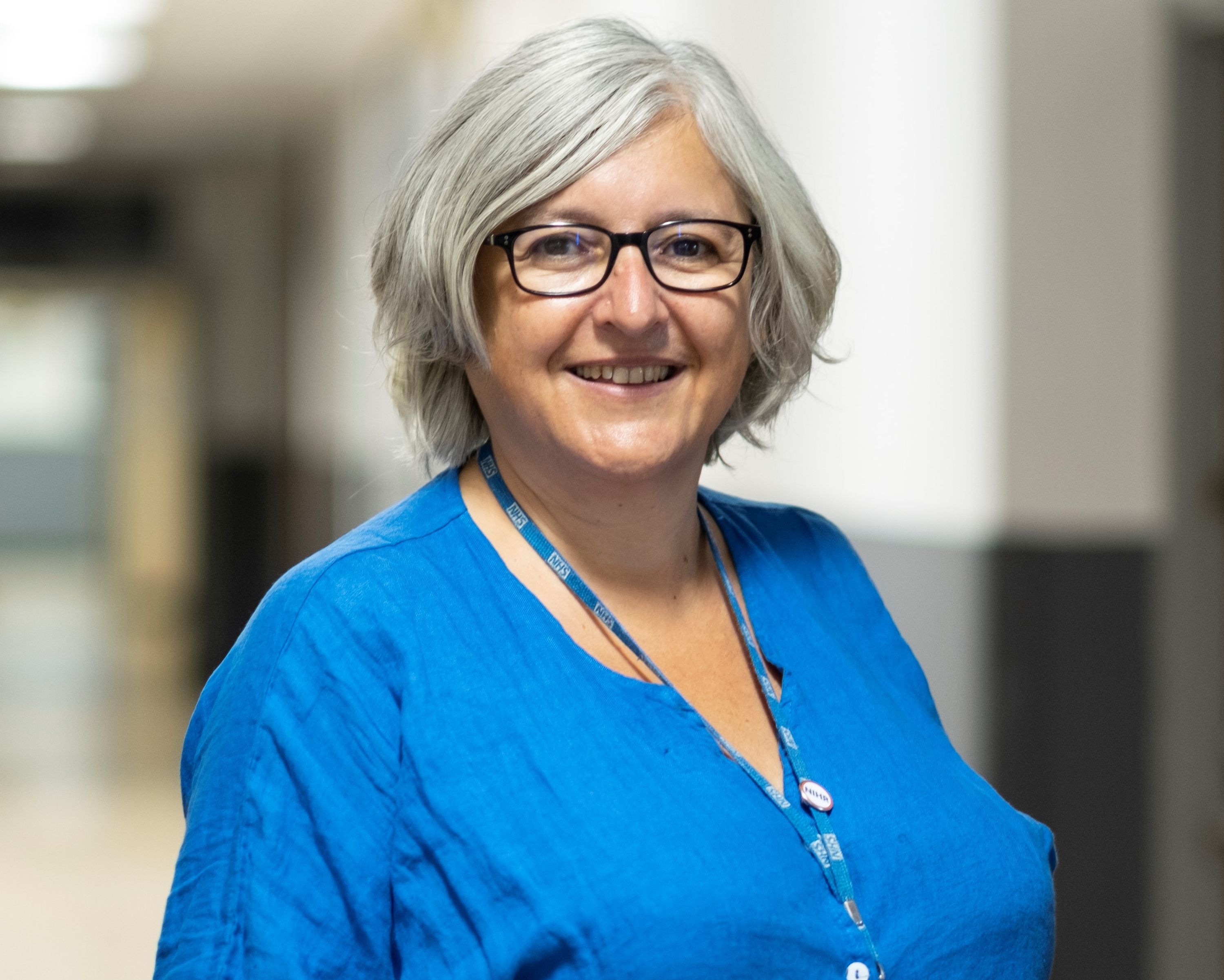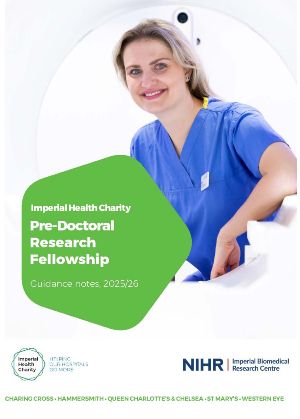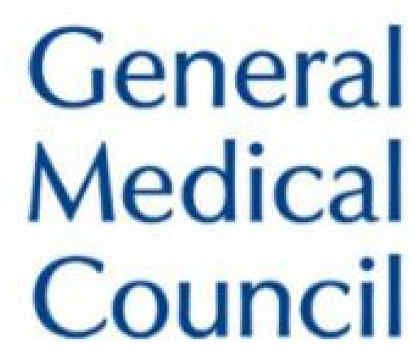
Humans of health research
To celebrate the extraordinary work of our clinical researchers the Imperial College Academic Health Science Centre has recently launched an online photography exhibition.
The exhibtion features NMAHPPs from across the AHSC who discuss what motivates them and why their research is vital. It also features the patients who have benefited, and whose experiences and input have influenced and inspired the research.
Some of the best research ideas come from clinical practice. As a clinician, you can pursue research questions that are grounded in the day-to-day issues you face in your clinical career. Clinical research emerges from practice, and the findings and outcomes from the research help inform clinical practice and improve outcomes for patients.
What’s in it for you?
Becoming more involved in research and pursuing a career as a clinical academic will not only improve care for your patients and support the work of your organisation, it will also benefit you as a clinician – making you a more rounded health care professional in your day-to-day work.
Here are just some of the skills you might pick up on the way:
- organisational skills such as attention to detail and accuracy;
- manage time effectively and prioritise tasks;
- awareness of cultural diversity and ethical issues;
- ability to obtain, receive, critique and incorporate advice;
- ability to define the clinical relevance of data;
- develop confidence, presentation skills and your ability to raise concerns more broadly.
You can find out more about the skills you might develop along the way, and different methods of acquiring these skills in our Clinical Research Training Framework.
If you’re looking for support on how to get started with research, then take a look at our Training and Support pages for advice on where to begin.
Here’s what some of our current clinical academic researchers had to say about how doing research has benefitted them:
‘I have grown personally, developed diverse skills to conduct my project and, critically, the skills to share my results; to get my findings to the end-users… Probably most importantly, research training has made me a better clinician.’ Donna Kennedy, Hand Therapist.
'It has made me a more rounded health care professional. I have developed critical thinking skills which allow me to be able to question the status quo.’ Anne Muls, Nurse Consultant.
‘Research has given me the knowledge, understanding and evidence to work competently and confidently within my clinical role.' Oge Echendu, Nurse
Why research matters at Imperial College AHSC
Watch our video to find out:
- why research is so important for the NHS and future medical advances;
- the importance of clinical research in improving outcomes for patients;
- how research and clinical practice can work hand-in-hand;
- why Nurses, Midwives, Allied Health Professionals, Healthcare Scientists, Psychologists and Pharmacy Staff (NMAHPPs) from across the AHSC have chosen to pursue a clinical academic career.
As well as being vitally important to the Imperial College AHSC, research is also at the heart of all the work undertaken by the National Institute of Health and Care Research (NIHR). Take a look at their new campaign ‘Your Path in Research’ to see why they think research is so important, and how you can take the steps to start your research career.
What are the positive impacts of Nurses, Midwives, Allied Health Professionals, Healthcare Scientists, Psychologists and Pharmacy Staff (NMAHPPs) leading research activity?
Our colleagues Lisa Newington, Mary Wells and Caroline Alexander have recently completed a systematic review of the existing literature and qualitative interviews with managers and research-active clinicians at ICHT to explore the impacts of research led by NMAHPPs.
They reported positive impacts classified as six overlapping and interlinked categories, highlighting that NMAHPP led research activity:
- contributes to a positive organisational reputation;
- improves services and approaches to patient care;
- helps to create a local research culture;
- aids knowledge transfer and collaboration;
- promotes and develops the professions;
- generates research income.
Download an infographic summary of the findings.
You can find out more about Lisa, Mary and Caroline’s work by reading some of the papers they have had published:
Useful links
Contact us
The CATO Team and Radiographers Incubator work on a Hybrid model, combining days in the office with days working from home – the best way to reach us is by email.
cato@imperial.ac.uk
radresearch@imperial.ac.uk
+44 (0)20 3313 7397




